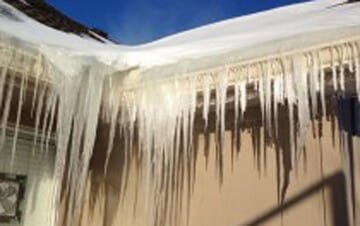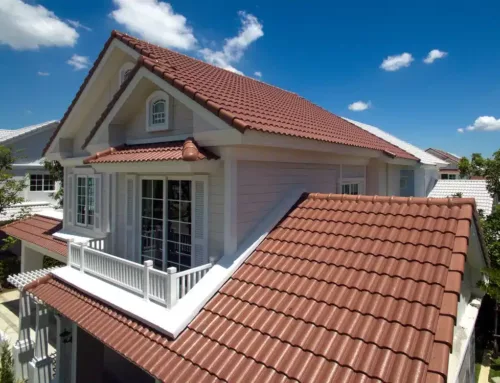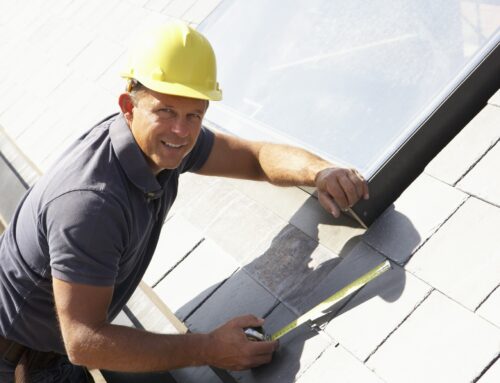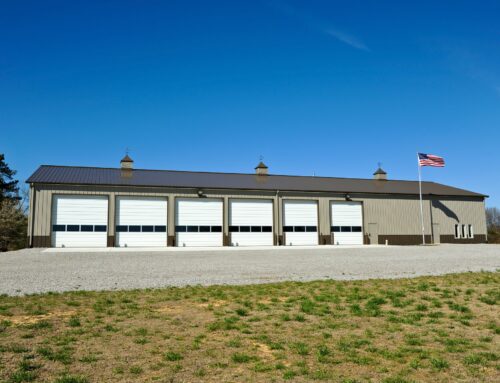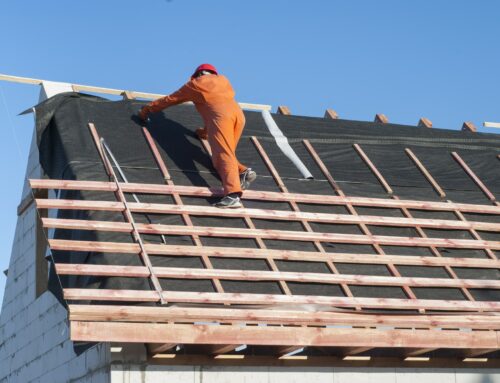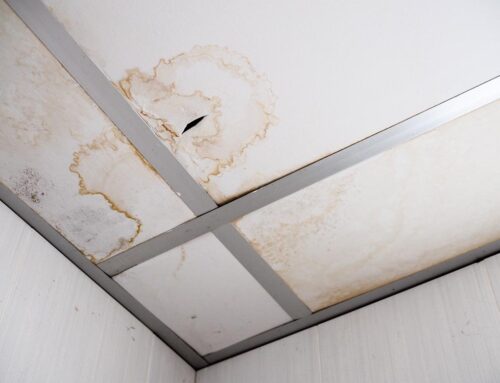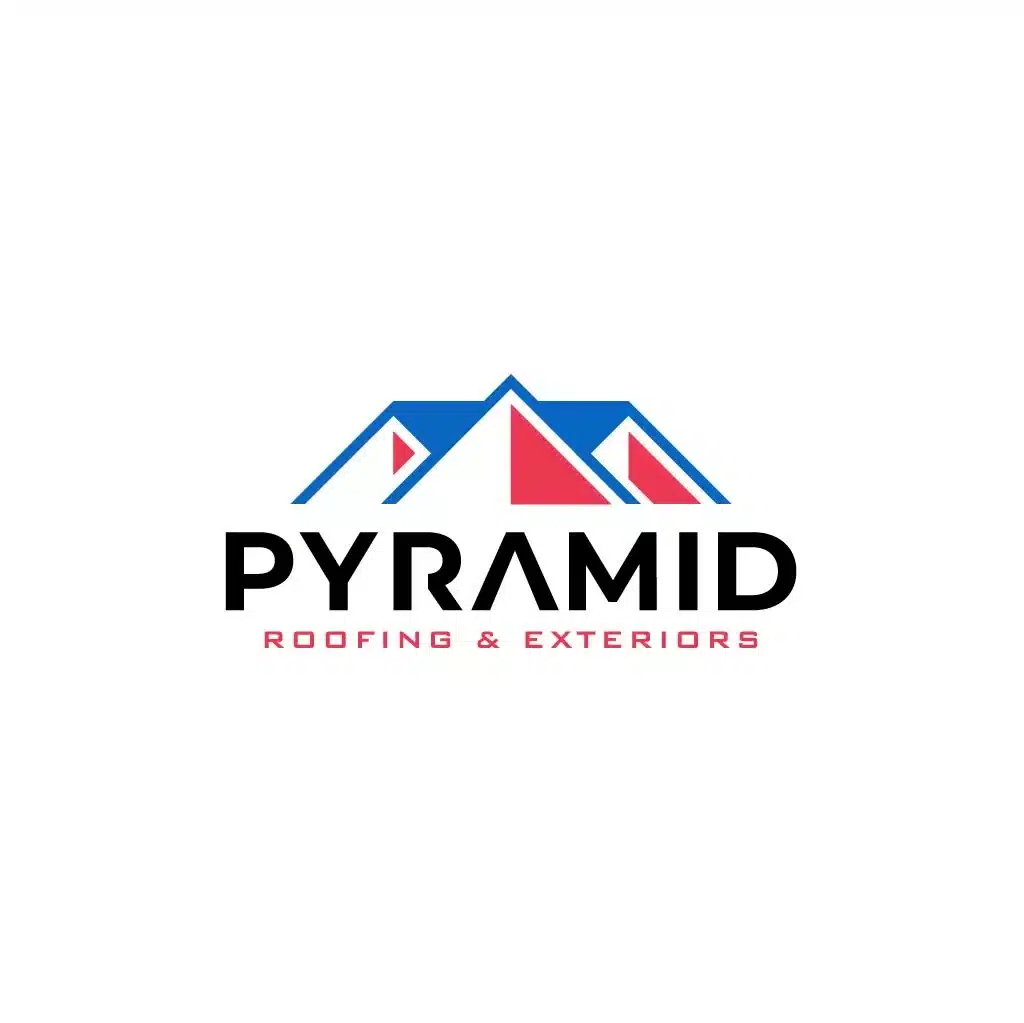If your roof collapses, there is no question that it can be a completely unexpected nightmare. While this event may occur during any time of the year, it is more common during times of heavy snowfall. As a result, it is a good idea to make sure your roof can stand up to the elements.
Why would a Roof Collapse?
While there are some structural problems that can result in a roof collapsing, more often than not, it is due to excessive weight. A snow related collapse is caused by large amounts of accumulation on any type of roofing material. After all, a single cubic foot of snow weighs about six to eight pounds. Ice and while packed snow often weighs more. Additionally, other types of precipitation can make the situation worse if moisture from sleet or rain was absorbed into the roof.
While a collapsed roof can happen to any type of structure, they are most commonly seen on roofs with lower slopes and flat roofs. This is because more now is able to accumulate on the surface.
Warning Signs Your Roof May Collapse
While it is a good idea to have your roof inspected before snow comes to make sure it can stand up to the weight, there are also some warning signs that you need to call your roofer right away. These warning signs include:
- Bowed or bent conduits or utility pipes at the ceiling
- Sections of the interior ceiling or exterior shingles that have started to sag
- Windows or doors that are harder to open or that pop open on their own
- Repeated or severe leaks
- Sprinkler heads that have dropped under the ceiling tiles
- Cracks in the masonry outside
- Deformities in the roof support, structure or framing
If you notice any of these conditions, you should not wait to contact your roofer. They can provide a fast evaluation and take action to help prevent a collapse.
How Regular Inspections and Maintenance Can Help
The best way to prevent the possibility of your roof collapsing is by investing in regular, professional roof inspections and maintenance. When the professionals come to your home or commercial property, they can find any small issues that need to be handled. They can also provide preventative maintenance including:
- Making small repairs to prevent additional damage
- Removing any algae, mold and debris accumulation that may hold moisture
- Keeping your downspouts and gutters clear from debris, leaves and dirt so they flow freely
- Removing any excessive snow from the roof
The roof is the most protective structure of your home or commercial property. If you want it to continue doing its job, you need to use the tips and information here to prevent serious issues.

